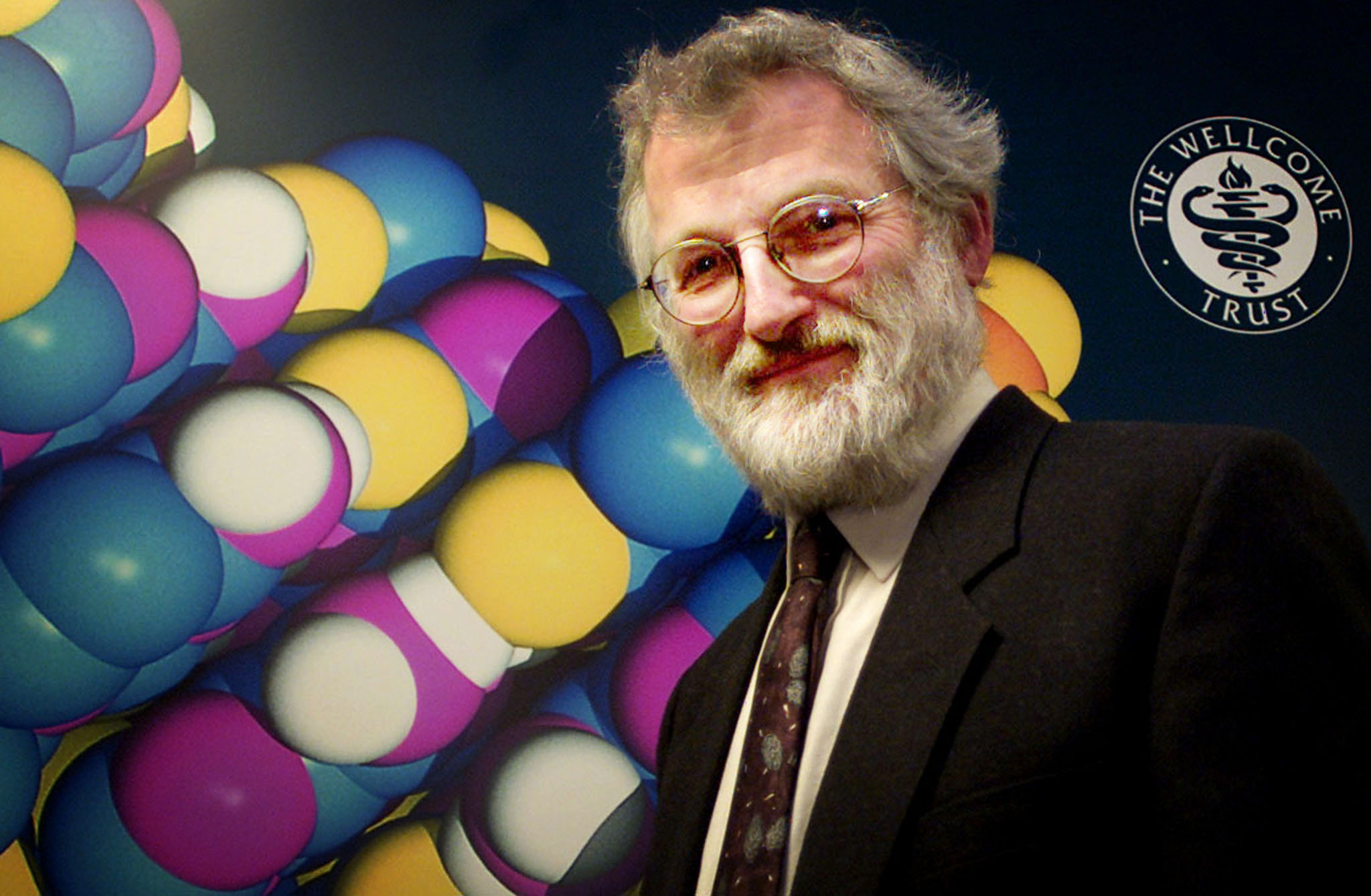Sulston, John Edward (1942-2018), was a British biologist. He won the 2002 Nobel Prize in physiology or medicine for his research on how genes control the growth and development of organisms. The prize was also awarded to the South African-born British biologist Sydney Brenner and the American biologist H. Robert Horvitz. The three scientists conducted research on the development, growth, and cell death of tiny roundworms called nematodes (see Roundworm ).

Sulston experimented with roundworms of the species Caenorhabditis elegans (pronounced see noh rab DY tihs ehl uh GANZ). He discovered that the development of these roundworms from a fertilized egg to adult follows a set sequence involving the division and growth of exactly 1,090 cells. By mapping the growth and division of individual cells, Sulston observed that each roundworm in this species underwent the same pattern of cell division, growth, and cell death.
Sulston also found that, during the development of the roundworm, particular cells trigger their own death in a process called apoptosis (AH pop TOH sihs) or programmed cell death. Sulston found that, during the development from a fertilized egg to an adult roundworm, exactly 131 cells undergo apoptosis. Sulston’s research demonstrated that apoptosis is an essential part of the normal growth and development of organisms and is genetically controlled. Scientists have found that apoptosis also plays a role in many diseases, such as cancer and Alzheimer’s disease.
Sulston was born in the town of Fulmer, England, near London, on March 27, 1942. He studied biology at Cambridge University, receiving his B.A. degree in biology in 1963 and Ph.D. degree in organic chemistry in 1966. After conducting research at the Salk Institute for Biological Studies in San Diego, in the United States, Sulston joined the Laboratory of Molecular Biology at Cambridge in 1969. From 1992, Sulston conducted research at the Wellcome Trust Sanger Institute in Cambridge. The institute was founded as part of the Human Genome Project, an international scientific program designed to analyze the complete chemical instructions that control heredity in human beings. Sulston was knighted in 2001. He died on Mar. 6, 2018.
See also Brenner, Sydney ; Horvitz, H. Robert .
